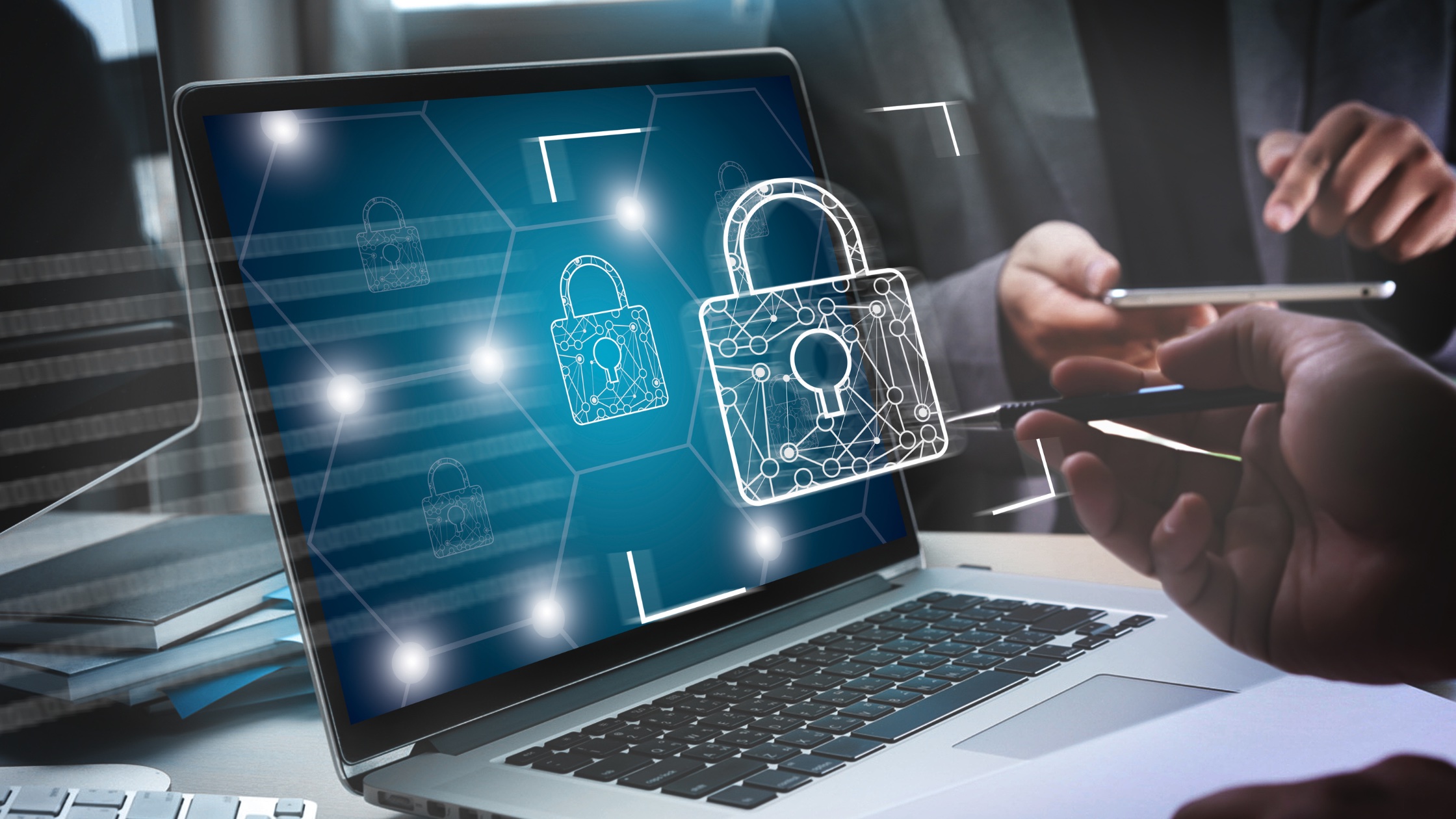Understanding the Importance of Data Security for Nonprofit Organizations

In today's increasingly digital world, data security has become a critical concern for organizations of all types and sizes. While often overlooked, nonprofits and associations are just as vulnerable to cyber threats as their for-profit counterparts. In fact, due to their limited resources and reliance on public trust, nonprofit organizations can be even more susceptible to cyberattacks. This blog post aims to shed light on the importance of cybersecurity for these types of organizations and highlight key measures they can take to protect their themselves and their stakeholders.
Protecting Sensitive Member and Donor Information
Nonprofit organizations rely heavily on the support of donors and volunteers to fulfill their missions. It is crucial for these organizations to safeguard the personal and financial information of their donors and volunteers. A data breach or theft of sensitive information not only damages the reputation and trust of the organization but also puts individuals at risk of identity theft or fraud. By implementing robust cybersecurity measures, such as encryption, secure payment gateways, and strong access controls, nonprofits can ensure the privacy and security of their stakeholders' data.
Safeguarding Intellectual Property and Confidential Data
Nonprofit organizations often develop innovative programs, research, or campaigns that contribute to social good. Protecting intellectual property and confidential data is essential to maintaining a competitive edge and preserving the organization's ability to make a lasting impact. Cyberattacks aimed at stealing valuable information or disrupting operations can severely hamper the organization's ability to fulfill its mission. Nonprofits should prioritize strategies such as regular data backups, secure storage, and employee security awareness training to prevent unauthorized access to confidential data.
Preserving the Availability of Digital Services
Many nonprofit organizations heavily rely on digital platforms and online services to carry out their operations, interact with members, and raise awareness. Cyberattacks such as distributed denial-of-service (DDoS) attacks or ransomware can cripple their websites, databases, or online fundraising platforms, causing significant disruption and financial losses. Implementing robust security measures, conducting regular system audits, and developing incident response plans can help nonprofits maintain the availability and functionality of their digital services, even in the face of cyber threats.
Upholding Public Trust and Reputation
Associations and nonprofit organizations thrive on public trust, and any security incident can damage their reputation and credibility. Members, donors, volunteers, and the general public expect nonprofits to handle their resources responsibly and transparently. A cybersecurity breach can lead to a loss of trust and reluctance to support the organization's cause. By demonstrating a commitment to cybersecurity best practices and openly communicating their security measures, nonprofits can reassure their members and maintain the trust essential for their success.
Compliance with Data Protection Regulations
As the importance of data privacy and protection continues to gain global attention, governments around the world are enacting stringent regulations to safeguard individuals' personal information. Associations and nonprofit organizations must comply with these regulations, such as the General Data Protection Regulation (GDPR) in the European Union or the California Consumer Privacy Act (CCPA) in the United States. Failure to comply can result in severe legal and financial consequences. It is crucial for nonprofits to understand the relevant regulations, assess their data handling practices, and implement necessary measures to ensure compliance.
Wrapping IT Up
Associations play a vital role advancing the professions and industries they serve. However, their efforts can be severely hampered by cyber threats. Understanding the importance of cybersecurity is essential for nonprofit leaders and association executives to protect sensitive information, preserve the availability of digital services, maintain public trust, and comply with data protection regulations. By prioritizing data security, nonprofit organizations can continue to make a meaningful impact while safeguarding their stakeholders and their mission. If you would like to learn how Cimatri can help your organization develop an effective strategy that focuses both on IT Policy and data privacy, contact us today and let’s chat!



